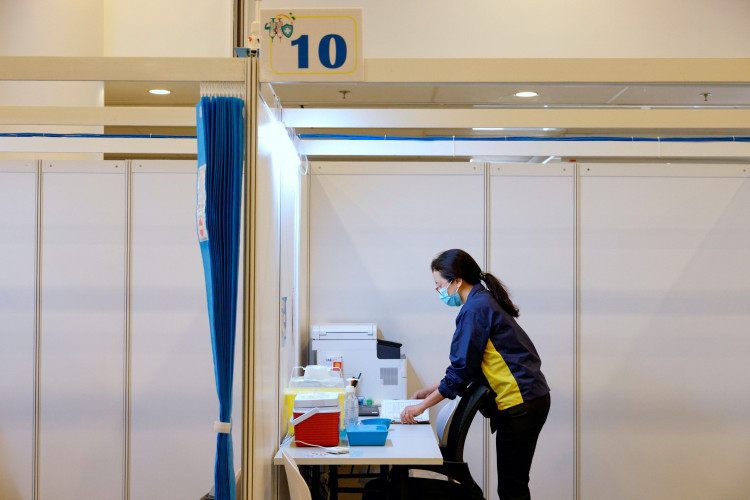China passed legislation on Sunday that will provide women better protection against sexual harassment and gender discrimination.
The law pertaining to women's safety has altered for the first time in almost 30 years. The National People's Congress (NPC) Standing Committee on Thursday received a bill titled "Women's Rights and Interests Protection Law" On its website, the NPC said that the bill had been passed.
Activists have raised alarm about the legislation's timing in light of rising government rhetoric on the importance of traditional women's roles, what some regard as losses for women's rights, and more restrictive views on abortion.
The NPC stated on its website that tens of thousands of people had submitted proposals for inclusion in the legislation.
According to the official news agency Xinhua, the act "strengthens the protection of the rights and interests of disadvantaged groups such as poor women, elderly women, and disabled women"
Since 1954, the Chinese Constitution has made gender equality a requirement. Over 100 laws and regulations have been drafted or revised to provide fundamental safeguards for fostering women's development and protecting women's rights and interests.
Women make up half of China's poverty-reduction population and more than 40% of the working-age population. In 2018, net primary school enrolment rates for boys and girls were both extremely near to 100%, while female graduate students accounted for 49.6% of all graduate students.
From 89 per 100,000 live births in 1990 to 16.9 per 100,000 live births in 2020, the maternal mortality ratio has dramatically decreased. Despite improvements in the fight against gender inequality, discrimination, harmful practices, and violence against women still exist.
Employers will be held accountable, according to Xinhua, if women's labor and social security rights and interests are abused, and it will be illegal to prevent the rescue of trafficked and kidnapped women.
According to Xinhua, local officials would also be given guidelines for rescuing trafficked and kidnapped women.
Images of a woman in chains uploaded online earlier this year sparked outrage and sparked debate about how to handle human trafficking, particularly in rural areas where the problem has been documented for years.
Gender equality is a fundamental human right. Women have the right to live with dignity and freedom from want and fear. It is also a prerequisite for furthering the development and alleviating poverty. Empowered women increase the health and productivity of entire families and communities, as well as the prospects for future generations.






